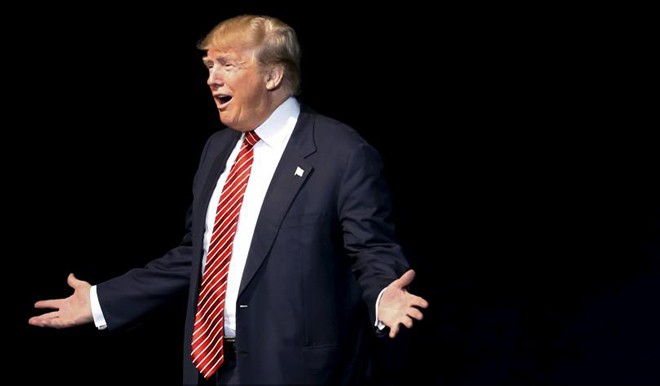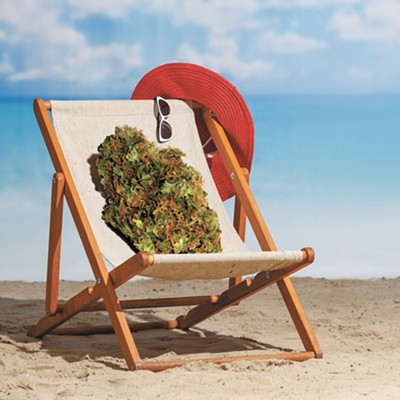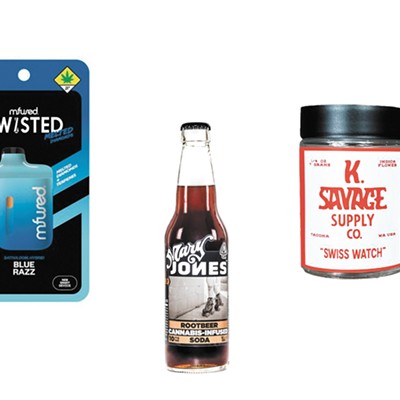C ome 2017, adult citizens of four more states (California, Maine, Massachusetts and Nevada) will be free to participate in a legal recreational cannabis market (only Arizona's initiative failed at the ballot box last Tuesday). Medical marijuana programs were also approved in Arkansas, Florida, Montana and North Dakota.
But the good news was tempered by the election of Donald Trump, whose wishy-washy stance on the subject has left many guessing how his administration will, or won't, bridge the legal chasm between state and federal law. The billionaire business tycoon is something of a wild card; his campaign was, perhaps strategically, noticeably light on policy inclinations, and frustratingly nebulous. On the cannabis question, however, the President-elect has at least hinted at tolerance in that he subscribes to the notion of states as "laboratories of democracy."
"In terms of marijuana and legalization," Trump told a crowd of supporters last year. "I think that should be a state issue. State by state."
Not everyone is convinced he will speak, or govern, so favorably once he assumes the presidency. Because state laws still conflict with the Controlled Substances Act, some believe state cannabis markets could be easy targets for an administration eager to implement a platform of law and order, creating scapegoats for a broader agenda of social change. "I would not be surprised if Trump found a way to make an example of some people," said Brian Vicente, a Colorado attorney and a primary author of Amendment 64, which legalized marijuana in the state in 2012, in an interview on The Cannabist Show.
Unfortunately for liberty-minded Americans, Trump's short list for Attorney General (the office that heads the Department of Justice and is, ultimately, the decider regarding enforcement of the President's marijuana protocol) is rife with some of the GOP's most ardent prohibitionists, including former New York City mayor Rudy Giuliani and New Jersey governor Chris Christie.
"If you're getting high in Colorado today, enjoy it," Christie threatened at a town hall forum in New Hampshire during his short-lived presidential bid last summer. "As of January 2017, I will enforce the federal laws."
States-rights advocates are already on the defensive: the activist organization Marijuana Majority has initiated a petition to hold the President-elect to his word and encourage him to appoint "Justice Department and DEA leaders who will respect state laws." And in D.C., the cannabis industry is lobbying hard to convince lawmakers that legalization is an innocuous and inevitable development, a populist movement with staying power.
"There really isn't an upside, from a public safety and regulation standpoint, or from a public opinion and political standpoint, to try to turn back the clock here," argues Taylor West, deputy director of the National Cannabis Industry Association.
Time is, indeed, of the essence; Trump, like it or not, will be sworn in as the 45th President of the United States on Jan. 20. ♦




















